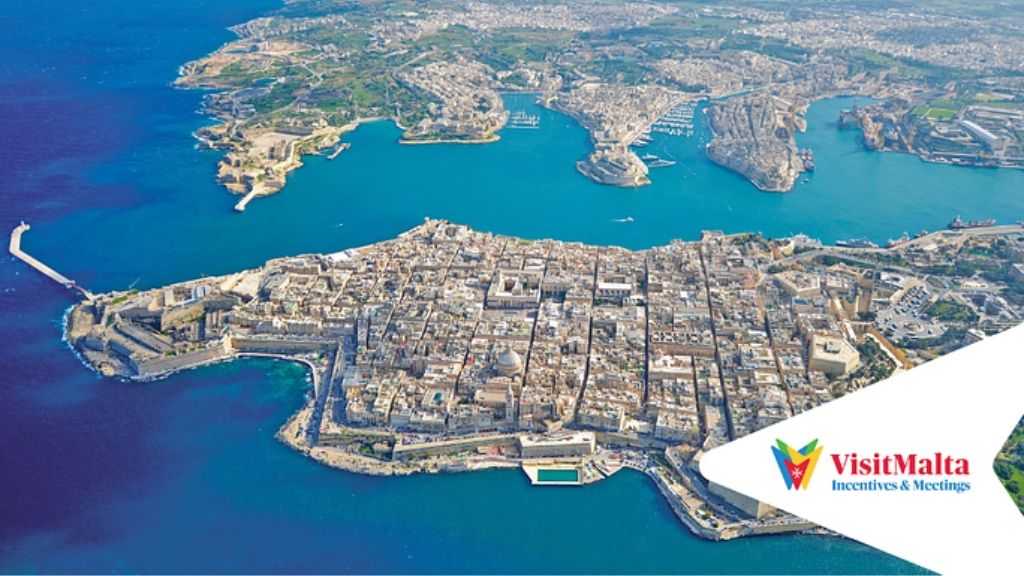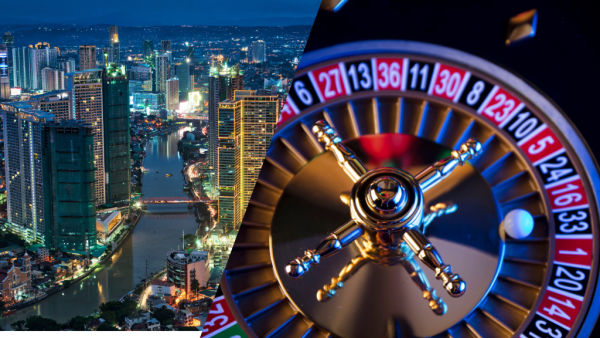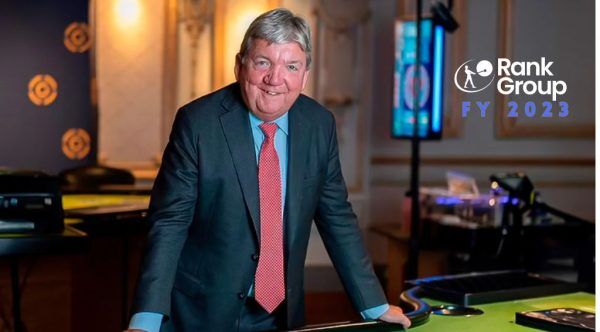Macau’s gaming regulator Gaming Inspection and Coordination Bureau reported total gaming revenue down by 51 percent in 2022. This equates to 14 percent of pre-pandemic revenues of US$ 36.3 billion in 2009. Analysts forecast a rebound in 2023 as a result of recent easing of pandemic restrictions and the renewal of new licences to six operators incorporating new policy. December GGR plunged by 56 percent YoY to US$433 million. The decline in GGR for December 2022 is slightly less than Bloomberg’s estimated projection of a 57 percent fall. It is however 16 percent higher than GGR reported in November 2022, indicating the possibility of a rebound. This brought total revenues for the year to US$5.25 billion.
Reactions from analysts
Joseph Greff, Research Analyst at JP Morgan, says that Macau was ‘abandoned by investors and has massively underperformed’ since 2020. Despite the challenges Greff forecasts recovery for the sector in the second quarter of 2023 with some growth in the first quarter of 2023 as a result of recent policy changes.
Terms of the new licence
Under Macau’s new licensing regime, operators will create foreigner-only gambling lounges in order to qualify for tax breaks from the government. The six gambling companies all had their concessions renewed at the end of the first overhaul in legislation in twenty years.
Taxes make up 80 percent of Macau’s government revenues. From 1 January 2023 tax incentives have been included in new gaming reforms to encourage operators to make more effort to source clients from outside of China. A waiver of up to 5 percent on the current 40 percent levy on gross gaming revenues (GGR) will be made available to operators for revenue generated from non-Chinese.
Gaming operators support Macau’s tourism strategy
Operators have expressed their commitment to support strategies to develop revenues from non-gaming activity in the tourism sector. Melco Resorts CEO Lawrence Ho Yau Lung announced that the company has increased its registered share capital for its gaming concessions in Macau from MOP 1.01 billion (US$ 124 million) to MOP 5 billion (US$ 624 million) to fulfill the requirements under the new regulations. “We are committed to Macau and its development as Asia’s premier tourist destination,” he added.
Tax breaks will be available to operators that meet the quotas required of foreign visitors. To track the impact of the new regulations, operators are required to create designated areas for foreign players and issue special gaming chips for their exclusive use. Chinese nationals will be excluded from the segregated zones, but foreign visitors will be given free access to all areas on presentation of passports. The Government’s proposition is considered ambitious given that gaming income from foreign visitors represents less than 10 percent of Macau’s total gaming revenue.
Segregation for foreign visitors is not compulsory
Secretary for Administration and Justice for the Macao Special Administrative Region, Cheong Weng Chon, explained that it would not be compulsory for visitors to gamble in the special foreign visitor VIP zones. Chinese nationals will be excluded from using the new ‘VIP-style’ lounges.
Quarantine for arrivals is lifted
China’s zero-tolerance COVID-19 measures and harsh lockdown restrictions that caused the drop in tourism will be relaxed. Hotel medical observation quarantine has been scrapped for all arrivals to Macau in favour of home quarantine.
Inbound passengers will be free to enter Macau if they take a nucleic acid test (NAT) on arrival or produce a negative test result taken not more than 48 hours before travel.
Background
Macau was previously a Portuguese colony and became a special administrative region of China in 1999. In 2001 the gaming industry in Macau employed 21 percent of the local workforce and the country was named the world’s largest casino market, accounting for 50 percent of the country’s GDP. Previous attempts to diversify the economy and restrict gaming growth have not been successful in Macau.
All forms of gambling are prohibited in mainland China except for state-controlled lotteries.
















